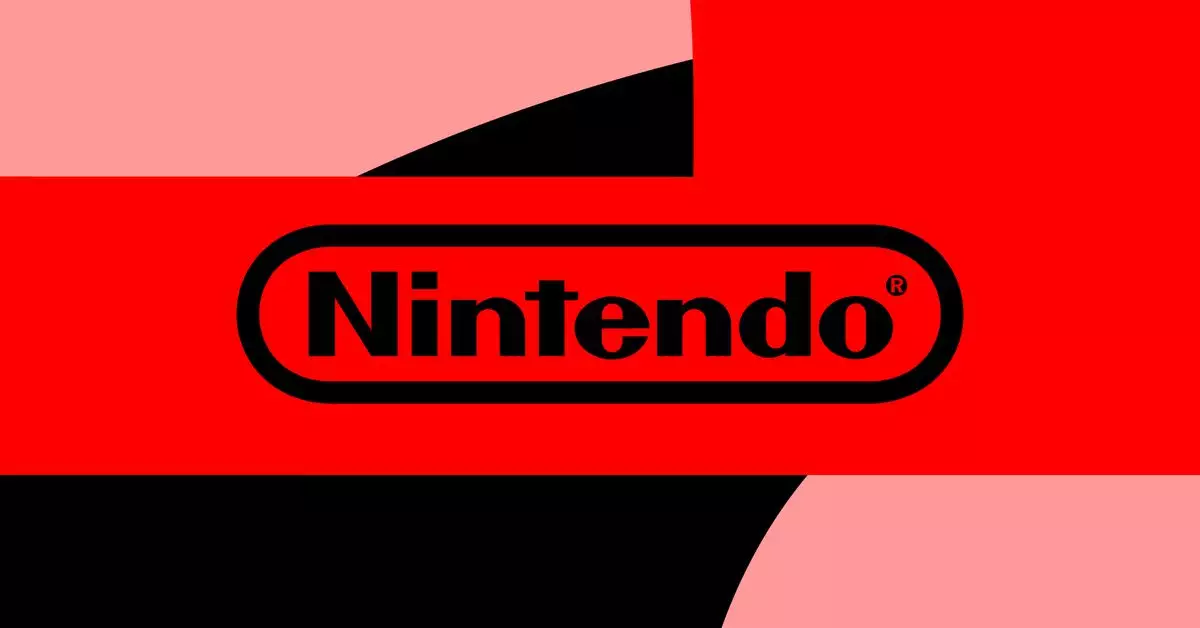As excitement brews among gaming communities for Nintendo’s next console, the speculation surrounding its features, particularly backward compatibility, has ignited a crucial discussion. Although Nintendo has yet to officially unveil the successor to its immensely successful Switch console, the company has confirmed that this new device will be capable of playing existing Switch games and will maintain continuity with Nintendo Switch Online services. This revelation emerged during a recent midyear policy briefing, a strategic move from Nintendo to reassure its existing user base while teasing upcoming developments.
Nintendo’s commitment to ensuring that players can transition smoothly to the new hardware reflects a growing industry trend towards long-term engagement with audiences. As gaming evolves, players increasingly prioritize the preservation of their digital libraries, making backward compatibility an essential feature for any new console. This transition represents more than just convenience; it emphasizes the growing importance of digital equity in gaming and highlights the potential for community engagement within Nintendo’s ecosystem.
Recent statistics shared during Nintendo’s briefing reveal a notable dip in sales for the Switch, with 4.72 million units sold over the last three months—down 31% year-over-year. Despite this decline, the platform remains robust with a colossal 146 million units sold since its launch. The console continues to set records for software sales, surpassing 1.3 billion units as of September 30, 2024. These figures suggest that, although sales figures may fluctuate, Nintendo maintains a solid position within the gaming market.
Furthermore, Nintendo reported a slight decrease in Switch Online subscriptions, which currently stand at approximately 34 million members. However, the increase in users opting for the pricier Expansion Pack subscription indicates that dedicated fans are willing to invest more for enhanced gaming experiences. The rise in engagement with additional content may serve as an encouraging sign for the company, implying that players are still highly invested in what the Nintendo ecosystem has to offer.
Backward compatibility remains a hot topic among gamers, especially considering the disparity in approach among the major console manufacturers. While Microsoft’s Xbox Series X and Sony’s PlayStation 5 have embraced this feature, Nintendo has historically struggled with transitioning existing titles from earlier platforms—in part due to its unique shift from discs to cartridges in the previous console generation. Therefore, much of the current discourse centers on whether or not the Switch successor will adequately address these concerns.
Additionally, the conversation shifts toward the broader issue of video game preservation. A troubling report by the Video Game History Foundation highlights a significant predicament: over 87% of games released prior to 2010 are categorized as “critically endangered” or unavailable for purchase. This underscores a pressing need for companies like Nintendo to take responsibility not only for their current titles but also for their extensive catalogs of past games. While some have been brought to the Switch through remastered releases or the online service, many beloved classics are still out of reach for today’s gamers.
Looking ahead, Nintendo is poised to unveil the successor to the Switch within its current fiscal year, which concludes in March 2025. The company aims to ensure that this reveal strengthens its existing relationship with over 100 million active Switch users. It is essential for Nintendo to understand that backward compatibility is not just a selling point but a core value that the gaming community highly prioritizes. With gamers increasingly becoming advocates for preservation, reinforcing the accessibility of legacy titles will play a key role in consumer satisfaction.
As Nintendo readies itself for the next chapter in its rich history, it is critical that the company considers the evolving desires of its players. The discussions surrounding backward compatibility, along with the inaccessibility of older titles, serve as a reminder that gaming is more than just a fleeting experience—it is a culture that demands respect, preservation, and thoughtful engagement. By addressing these concerns head-on, Nintendo can strengthen its legacy as a forward-thinking leader in the ever-evolving video game landscape.


Leave a Reply